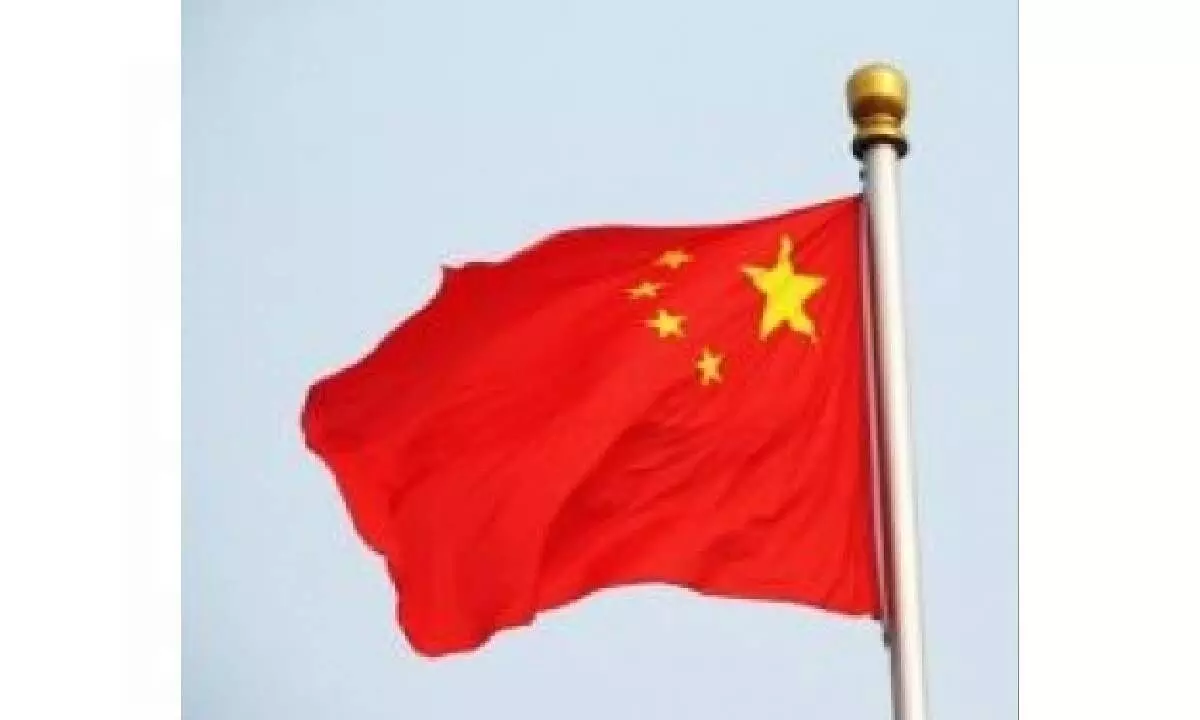China dominating hi-tech areas poses concentration risk
Quad nations must focus on reducing dependency on a particular geography, says Karl Mehta, Chairman of Quad Investment Network
image for illustrative purpose

San Francisco: China currently dominates a number of hi-tech areas in terms of market share which poses a significant concentration risk and the Quad nations must focus on reducing dependency on a particular geography, a well-known Indian American serial entrepreneur and head of recently formed Quad Investment Network has said. The Network, which was formally launched in May, is an independent forum of public, private, and philanthropic stakeholders from the four Quad nations (Australia, India, Japan and the US). It was created to foster cooperation, collaboration, and co-investment into critical technologies and supply chain resilience to develop innovative solutions to the greatest economic and security challenges in the Indo-Pacific region. “We have a significant concentration risk with the number of areas where China currently dominates clearly in terms of market share anywhere from 70 per cent, 80 per cent to even 100 per cent,” Karl Mehta, chairman of Quad Investment Network said in an interview on Tuesday on the sidelines of the APEC Leadership Summit here.
Take an example of permanent magnets, which is a $400 billion market and almost close to 100 per cent of the permanent magnet manufacturing now happens in China because of the rare earth that is required. They control the mining, they obviously control the processing,” he said. The leadership team and advisory board of Quad Investment Network is composed of representatives from across the four Quad nations. “The QUAD Investors focus is not to work against any country but is just to focus on the national interest and the national security of the four Quad nations. So, in areas like this, whether it’s permanent magnets, whether it is some critical minerals, whether it is clean energy, whether it’s semiconductors where we have 65 per cent concentration risks, we do have to come together as a group.
“We are 35 per cent of the global GDP between our four nations. We are the four largest democracies in the Indo-Pacific. So, our job is to ensure that we are resilient, and we do not have major vulnerability or dependency on a particular geography. That’s our focus,” Mehta said.

